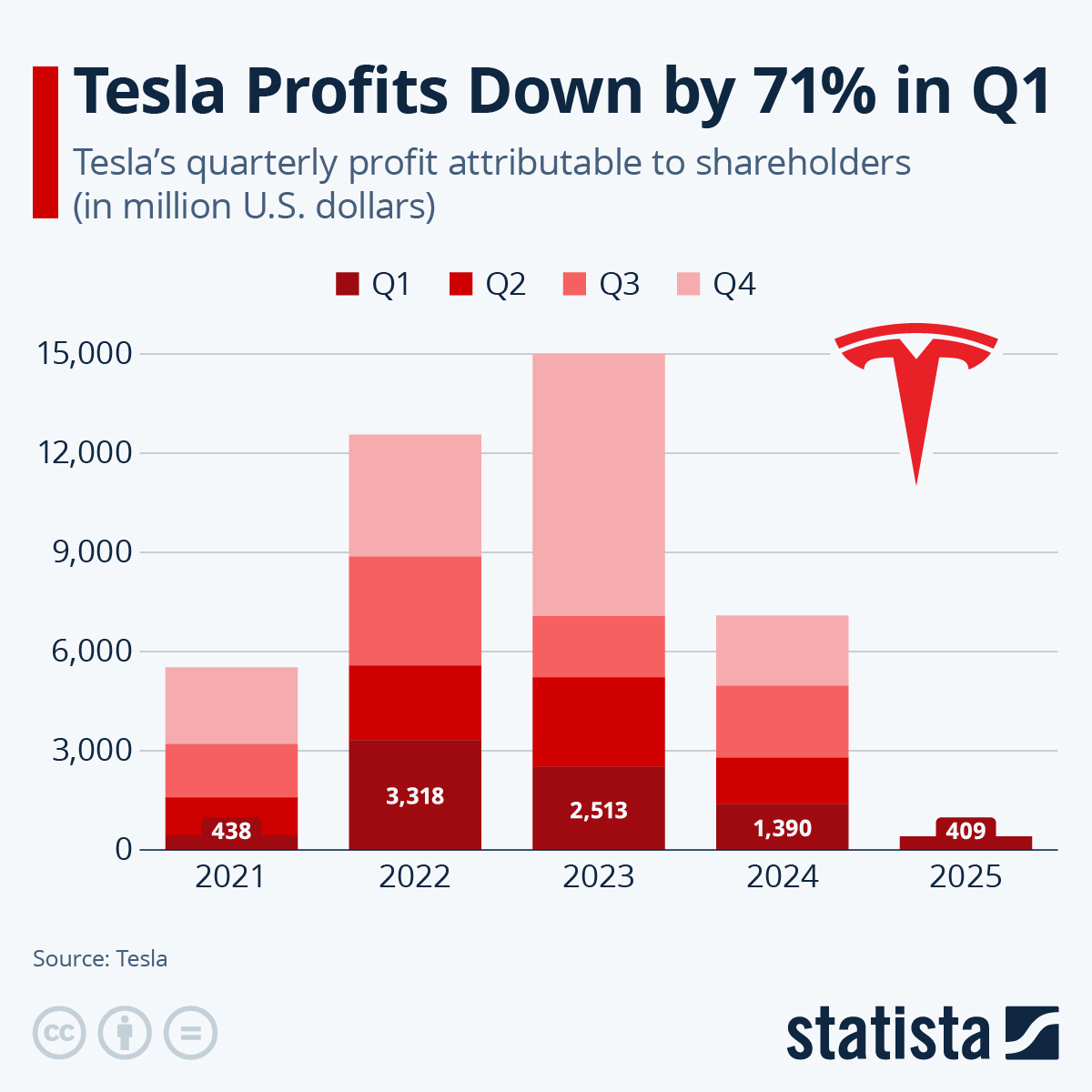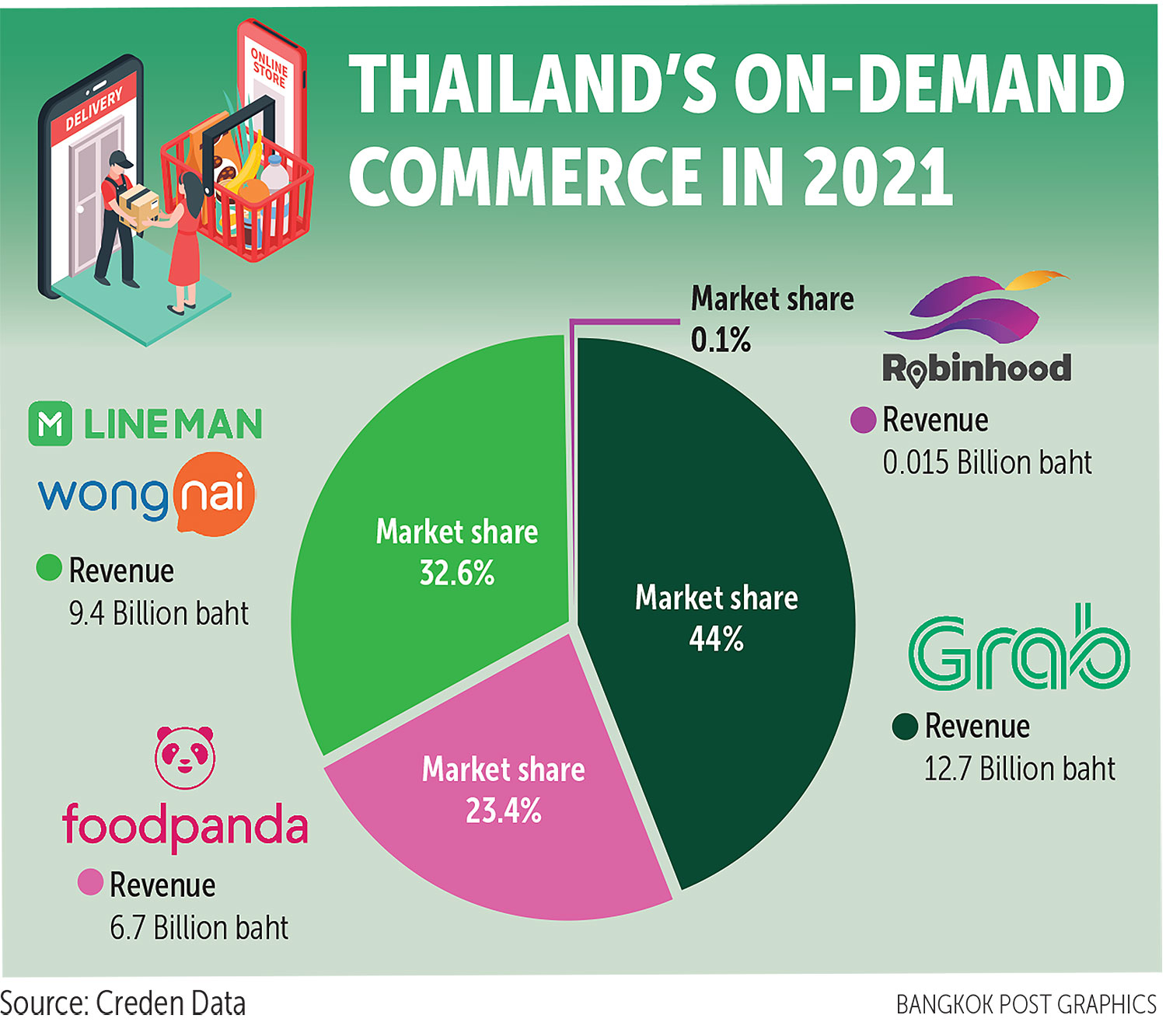China's Automotive Market: Understanding The Difficulties Faced By BMW And Porsche

Table of Contents
Intense Competition from Domestic Brands
The rapid growth of the Chinese automotive industry presents a significant hurdle for established international players like BMW and Porsche. This intense competition manifests in two key areas: the rise of Chinese EV manufacturers and aggressive pricing strategies employed by local brands.
Rise of Chinese EV Manufacturers
The electric vehicle (EV) sector in China is booming, with domestic manufacturers like BYD, NIO, and Xpeng rapidly gaining market share. Several factors contribute to their success:
- Increased affordability and technological advancements of Chinese EVs: Chinese EV makers are producing high-quality vehicles at increasingly competitive price points, often surpassing international brands in terms of technological features.
- Government subsidies and incentives favoring domestic brands: The Chinese government actively promotes domestic EV brands through substantial subsidies and tax breaks, making them even more attractive to consumers. This creates an uneven playing field for foreign automakers.
- Strong consumer preference for domestically produced EVs: A growing number of Chinese consumers express a preference for supporting local brands, bolstering the sales of domestic EVs. This nationalistic sentiment is a significant factor impacting market dynamics.
Aggressive Pricing Strategies of Local Brands
Chinese auto brands are not only technologically competitive but also employ aggressive pricing strategies, often undercutting premium brands like BMW and Porsche. Their strategies include:
- Value-for-money propositions that appeal to price-sensitive consumers: Chinese brands focus on delivering a high level of features and quality at a significantly lower price point, attracting price-conscious buyers.
- Bundled services and features to enhance competitiveness: Many domestic brands offer bundled services like maintenance packages and extended warranties, adding value and attracting customers.
- Strategic partnerships and joint ventures to expand market reach: Collaborations and joint ventures with established companies further enhance their market position and brand recognition.
Navigating China's Regulatory Landscape
Beyond competition, BMW and Porsche face a complex and ever-evolving regulatory landscape in China. This presents significant challenges that require careful navigation.
Complex Regulations and Bureaucracy
China's automotive industry is heavily regulated, posing difficulties for foreign automakers. These regulations include:
- Lengthy approval processes for new models and technologies: Getting new vehicles approved for sale in China can be a lengthy and bureaucratic process, delaying market entry and impacting profitability.
- Varying regulations across different provinces and municipalities: Regulations can differ significantly across provinces and cities, requiring companies to adapt their strategies and comply with multiple sets of rules.
- Challenges in complying with evolving emission and safety standards: China's emission and safety standards are becoming increasingly stringent, necessitating continuous investment in research and development to meet these requirements.
Data Privacy and Cybersecurity Concerns
Growing concerns surrounding data privacy and cybersecurity present another layer of complexity. Foreign automakers must address these issues:
- Stringent data localization requirements: Chinese regulations increasingly demand that data collected by vehicles be stored within the country, raising concerns about data security and control.
- Increased scrutiny of data collection and usage practices: Authorities are closely scrutinizing the data collection and usage practices of foreign automakers, necessitating transparent and compliant data handling strategies.
- Investment in robust cybersecurity infrastructure to protect sensitive data: Protecting sensitive vehicle data requires substantial investment in robust cybersecurity infrastructure and practices.
Understanding Consumer Preferences and Trends
Successfully operating in China's automotive market requires a deep understanding of evolving consumer preferences and trends.
Evolving Consumer Demands
Chinese consumers are becoming increasingly sophisticated in their demands, placing a premium on:
- High demand for advanced driver-assistance systems (ADAS): Features like adaptive cruise control, lane keeping assist, and automated parking are highly sought after.
- Preference for customized options and personalized experiences: Chinese consumers are increasingly seeking customized options and personalized experiences tailored to their individual preferences.
- Growing influence of social media and online reviews in purchasing decisions: Online platforms and social media significantly impact purchasing decisions, making digital marketing crucial.
Regional Variations in Consumer Behaviour
Understanding regional differences in consumer behaviour is paramount for effective marketing:
- Different preferences in vehicle size, features, and styling across various regions: Consumer preferences vary widely across different regions of China, requiring tailored product offerings.
- Targeted marketing campaigns to reach specific consumer segments: Precise marketing campaigns are vital to reach specific consumer segments based on their unique preferences and needs.
- Adaptation of product offerings to local preferences and needs: Successful companies adapt their vehicle offerings to meet the specific needs and preferences of the local market.
Conclusion
China's automotive market presents a unique set of challenges for international luxury brands like BMW and Porsche. The rise of domestic competitors, a complex regulatory landscape, and evolving consumer preferences require a nuanced approach. To succeed in this dynamic market, companies need to adopt flexible strategies, invest heavily in research and development, particularly in EVs, and adapt their offerings to the specific needs and preferences of Chinese consumers. Understanding the intricacies of China's automotive market is crucial for long-term success in this significant global market. Ignoring these complexities risks losing market share to more agile and responsive competitors.

Featured Posts
-
 Oblivion Remastered Now Available From Bethesda
Apr 24, 2025
Oblivion Remastered Now Available From Bethesda
Apr 24, 2025 -
 Teslas Q1 2024 Financial Performance Significant Net Income Decline
Apr 24, 2025
Teslas Q1 2024 Financial Performance Significant Net Income Decline
Apr 24, 2025 -
 Teslas Q1 Profit Decline Impact Of Musks Political Involvement
Apr 24, 2025
Teslas Q1 Profit Decline Impact Of Musks Political Involvement
Apr 24, 2025 -
 La Landlord Price Gouging Scandal A Selling Sunset Perspective
Apr 24, 2025
La Landlord Price Gouging Scandal A Selling Sunset Perspective
Apr 24, 2025 -
 White House Announces Drop In Illegal Border Crossings At U S Canada Border
Apr 24, 2025
White House Announces Drop In Illegal Border Crossings At U S Canada Border
Apr 24, 2025
Latest Posts
-
 Bangkok Post The Fight For Transgender Equality Continues
May 10, 2025
Bangkok Post The Fight For Transgender Equality Continues
May 10, 2025 -
 Discussions On Transgender Equality Intensify Bangkok Post Reports
May 10, 2025
Discussions On Transgender Equality Intensify Bangkok Post Reports
May 10, 2025 -
 Experiences Of Transgender Individuals Under Trumps Executive Orders
May 10, 2025
Experiences Of Transgender Individuals Under Trumps Executive Orders
May 10, 2025 -
 Bangkok Post Reports On The Mounting Pressure For Transgender Rights
May 10, 2025
Bangkok Post Reports On The Mounting Pressure For Transgender Rights
May 10, 2025 -
 The Impact Of Trumps Presidency On Transgender Rights
May 10, 2025
The Impact Of Trumps Presidency On Transgender Rights
May 10, 2025
